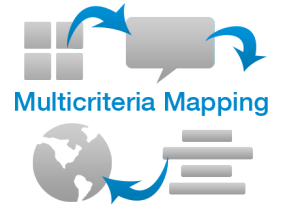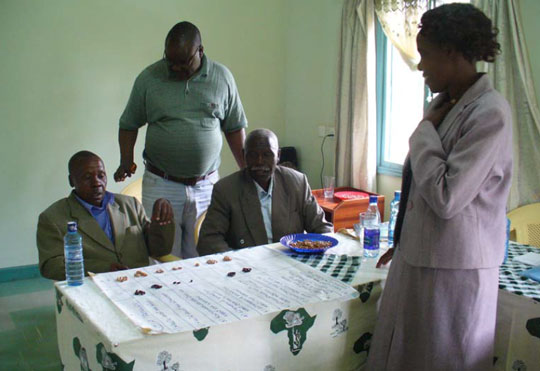 Multicriteria Mapping (MCM), a new software package to aid decision-making by exploring contrasting perspectives on complex issues, has been launched.
Multicriteria Mapping (MCM), a new software package to aid decision-making by exploring contrasting perspectives on complex issues, has been launched.
MCM was pioneered by STEPS co-director Andy Stirling as a way of ‘opening up’ technical assessment by systematically ‘mapping’ the practical implications of alternative options, knowledge, framings and values. The new software will make MCM usable for a wider range of users in academia, civil society and industry.
About Multicriteria Mapping
Originally developed to explore debates around GM foods, MCM techniques have been in use since 1997. Recently the MCM project has worked with Brighton based developers DabApps to develop software for a wider range of users in academia, civil society and industry.
MCM focuses as much on ‘opening up’ as on ‘closing down’ a strategy or policy process. With a mix of qualitative and quantitative approaches, it aims to give users and collaborators a clear picture of how and why different perspectives vary on key issues and options – as well as the practical implications for decisions.
The software, backed by a manual, is available as a free trial version for single projects, as well as paid-for versions for collaborative and larger-scale projects.
For more information and to download the software, visit www.multicriteriamapping.com
MCM and STEPS
The STEPS Centre has used and adapted a variety of methods to open up alternative social, technological and environmental pathways to sustainability, including MCM.
STEPS Methods: Multicriteria Mapping
Read a more detailed description of how MCM helps with broadening out academic research or policy appraisal, its benefits and limitations.
Maize project: MCM project method
This 4-page briefing explains how MCM was used in our project on climate change and maize innovation in Kenya to evaluate different perspectives on possible pathways for farmers confronted by droughts and climate change.
For more related material, visit our methods and methodologies website.
